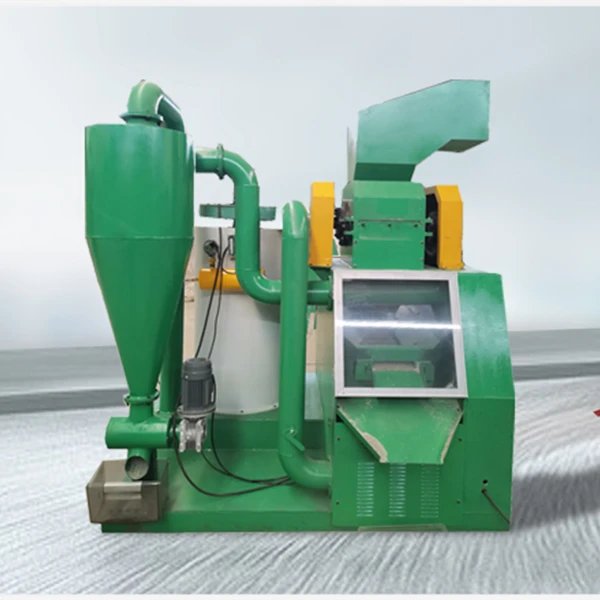

نويابىر . 05, 2024 22:36 Back to list
How to Dispose of Circuit Boards Properly
Disposing of circuit boards can be a challenging yet essential task, especially considering the potential environmental hazards associated with improper disposal. Circuit boards are often integral components of electronic devices, containing various metals and chemicals that, if not handled correctly, can pose risks to both human health and the environment. This article provides a comprehensive guide on how to dispose of circuit boards responsibly and ethically.
Understanding Circuit Boards
Before delving into the disposal process, it’s crucial to understand what circuit boards are and why their disposal is significant. Circuit boards, also known as printed circuit boards (PCBs), serve as the backbone of virtually all electronic products, from smartphones and computers to appliances and vehicles. They are composed of a substrate material covered with copper pathways and various components such as resistors, capacitors, and microchips. Many of these materials are not biodegradable, and some may release harmful substances during decomposition. Thus, proper disposal is critical.
Regulations and Guidelines
Many countries have established regulations regarding the disposal of electronic waste, including circuit boards. In the United States, for example, the Environmental Protection Agency (EPA) outlines guidelines for electronic waste disposal. Similar regulations exist in other countries, often mandating that certain electronic items be recycled rather than thrown away. It’s important to familiarize yourself with local laws regarding electronic waste disposal to ensure compliance and promote environmental stewardship.
Steps for Proper Disposal
1. Assess the Circuit Boards Before disposal, evaluate whether the circuit boards can be reused, repaired, or recycled. If they are functioning, consider donating them to schools or community organizations that may benefit from their use.

2. Contact Local Recycling Centers Many local recycling centers accept e-waste, including circuit boards. Reach out to your nearest facility to confirm whether they accept PCBs and understand any specific procedures or requirements they might have.
3. Utilize E-Waste Collection Events Many communities host electronic waste collection events where residents can safely drop off unwanted electronics, including circuit boards. These events are often organized by local governments or environmental groups and can provide a convenient avenue for responsible disposal.
4. Explore Professional E-Waste Recyclers For businesses or individuals with large quantities of circuit boards, consider hiring a professional e-waste recycling company. These companies specialize in the safe handling and recycling of electronic waste, ensuring that sensitive materials are disposed of in accordance with environmental regulations.
5. Avoid Landfills Never dispose of circuit boards in regular trash destined for landfills. Landfills can cause hazardous substances, such as lead and mercury, to leach into the soil and water supply, leading to severe environmental contamination.
6. Consider DIY Recycling If you have the knowledge and skills, you may opt for DIY recycling. This involves extracting valuable materials from circuit boards, such as gold, silver, and copper. However, this process can be complicated and requires knowledge of safe procedures to avoid exposure to harmful materials.
Conclusion
Proper disposal of circuit boards is paramount for protecting the environment and promoting sustainability. By following local regulations, utilizing recycling programs, and considering responsible options for disposal, individuals and organizations can help reduce the impact of electronic waste on the planet. Remember, each circuit board disposed of responsibly is a step toward a cleaner and healthier environment. Whether you are an individual or a business, embracing these practices contributes to a more sustainable future for all.
Latest news
Troubleshooting Common Eddy Separator Problems
NewsJul.04,2025
The Role of Metal Recycling Plants in Circular Economy
NewsJul.04,2025
The Impact of Recycling Line Pickers on Waste Management Costs
NewsJul.04,2025
Safety Features Every Metal Shredder Should Have
NewsJul.04,2025
How Industrial Shredders Improve Waste Management Systems
NewsJul.04,2025
How Cable Granulators Contribute to Sustainable Recycling
NewsJul.04,2025